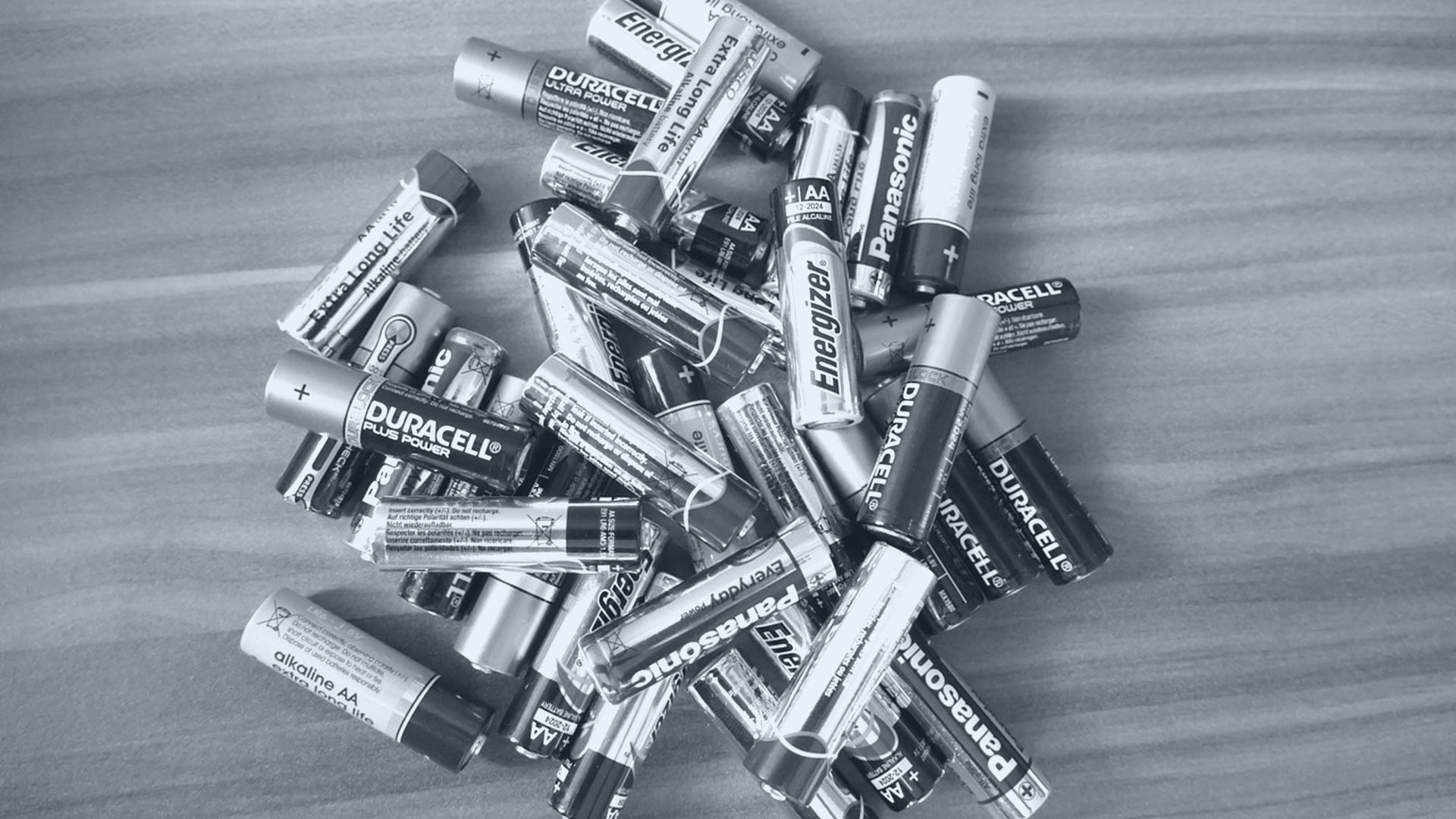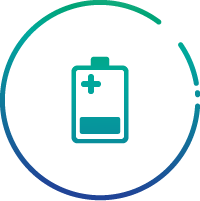Rationalisation du recyclage des déchets électroniques à New York grâce à des transporteurs connectés numériquement
Le traitement des appareils électroniques cassés ou obsolètes dans des villes comme New York est un défi croissant. À mesure que la transformation numérique devient omniprésente, les entreprises produisent davantage de déchets électroniques - remplaçant les anciens équipements par les technologies les plus récentes pour rester compétitives.





